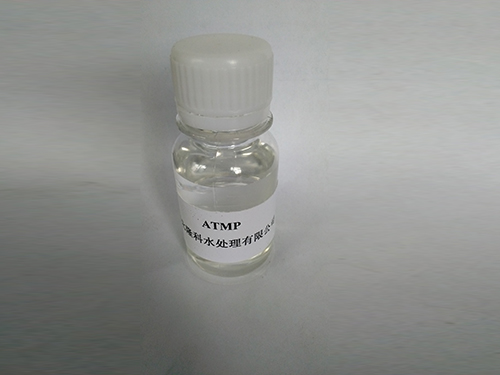corrosion & scale inhibitors
Corrosion and Scale Inhibitors Essential Tools for Industrial Maintenance
Corrosion and scaling are ubiquitous issues faced by various industries, including oil and gas, water treatment, power generation, and manufacturing. These problems not only affect the operational efficiency of equipment but can also lead to catastrophic failures if not managed properly. As a result, the application of corrosion and scale inhibitors has become a critical aspect of industrial maintenance strategies.
Understanding Corrosion and Scaling
Corrosion refers to the deterioration of materials, usually metals, due to chemical, electrochemical, or mechanical interactions with their environment. This process is influenced by various factors, including the presence of moisture, temperature, pH levels, and the chemical composition of the surrounding medium. Common forms of corrosion include pitting, uniform attack, galvanic corrosion, and stress corrosion cracking.
Scaling, on the other hand, occurs when dissolved minerals precipitate out of solution to form solid deposits on surfaces. This is particularly prevalent in water systems where minerals such as calcium carbonate and silica are present. Scaling can significantly hinder heat exchange processes, reduce flow rates in pipelines, and ultimately lead to inefficiencies and increased operational costs.
The Importance of Inhibitors
Corrosion and scale inhibitors are chemicals specifically designed to mitigate the effects of these processes
. They work by either modifying the environment to make it less conducive to corrosion or scaling or by forming a protective layer on the surface of the materials being protected.1. Corrosion Inhibitors These are substances that reduce the rate of metal degradation. They can be categorized into several types based on their mechanism of action - Anodic Inhibitors These chemicals increase the passivation of the metal surface, thus decreasing corrosion rates. - Cathodic Inhibitors They hinder the cathodic reaction at the metal surface, effectively slowing down corrosion. - Volatile Corrosion Inhibitors (VCIs) These substances release vapors that condense on metal surfaces, providing protection even in enclosed spaces.
2. Scale Inhibitors These chemicals help prevent the formation of scale by interfering with the crystallization process of minerals in water. They can be organic or inorganic and function through different mechanisms - Threshold Agents These inhibit scale formation at very low concentrations by preventing particles from crystallizing. - Dispersants These agents keep scale-forming particles in suspension, allowing them to be flushed out of the system before they can deposit.
corrosion & scale inhibitors

Applications in Industry
Corrosion and scale inhibitors are vital in a variety of industrial applications. In the oil and gas industry, for instance, these chemicals are deployed in pipelines and storage tanks to protect against both internal and external corrosion. In thermal power plants, scale inhibitors reduce the accumulation of mineral deposits in boilers and cooling towers, ensuring efficient heat transfer and reducing maintenance costs.
Water treatment facilities routinely utilize both types of inhibitors to manage the quality of water being distributed to consumers. In manufacturing, inhibiting corrosion can extend the lifespan of machinery and equipment, thereby enhancing productivity and reducing downtime.
Challenges and Future Directions
Despite their effectiveness, the selection and application of corrosion and scale inhibitors come with challenges. Factors such as compatibility with existing systems, environmental impact, and regulatory compliance must be considered. Additionally, advancements in green chemistry and a push for more sustainable industrial practices are prompting the development of eco-friendly inhibitors that minimize environmental footprints.
Research continues into innovative materials and techniques, such as nanotechnology-based inhibitors and smart coatings, which promise greater efficiency and protection against corrosion and scaling.
Conclusion
Corrosion and scale inhibitors play a crucial role in maintaining the integrity and efficiency of industrial systems. By effectively mitigating the detrimental effects of corrosion and scaling, these chemicals help industries reduce operational costs, minimize downtime, and enhance safety. As technology evolves, the focus will increasingly shift towards sustainable and effective solutions to combat these persistent challenges. Understanding and leveraging the right inhibitors will remain an essential strategy for industries striving for longevity and efficiency in their operations.
-
Water Treatment with Flocculant Water TreatmentNewsJun.12,2025
-
Polymaleic AnhydrideNewsJun.12,2025
-
Polyaspartic AcidNewsJun.12,2025
-
Enhance Industrial Processes with IsothiazolinonesNewsJun.12,2025
-
Enhance Industrial Processes with PBTCA SolutionsNewsJun.12,2025
-
Dodecyldimethylbenzylammonium Chloride SolutionsNewsJun.12,2025





